The African Network for Internationalisation of Education (ANIE) successfully hosted a dissemination webinar on the Gender Analysis Research Project, a study commissioned by the British Council. The project examined how gender-related barriers shape access to employability and entrepreneurship opportunities for students in universities across Sub-Saharan Africa.
Regional and Institutional Perspectives
The study brought together evidence and perspectives from four key countries: Ghana, Kenya, Nigeria, and South Africa. During the webinar, lead researcher Dr. James Jowi, ANIE Director, provided an overview of the study’s background, methodology, and regional findings. He highlighted the persistent inequalities that hinder women—especially in accessing leadership roles, innovation spaces, and startup ecosystems—despite policy advances in many institutions.
Country-specific insights were then shared by research leads in each country:
- Dr. Maxwell Gakpo (Ghana) reflected on how institutional and societal factors shape gendered outcomes in higher education.
- Prof. Kefa Simwa (Kenya) discussed how innovation hubs and entrepreneurship initiatives in Kenyan universities are evolving—but with notable gaps in gender inclusion.
- Dr. Kingsley Nwosu (Nigeria) emphasized cultural expectations and family responsibilities that continue to limit women’s access to opportunities, particularly in northern Nigeria.
- Dr. Beatrice Akala (South Africa) highlighted the disconnect between progressive gender policies and the lived realities of female students, particularly in leadership and entrepreneurial roles.
Recommendations for Reform
The discussions concluded with practical recommendations aimed at higher education institutions, governments, and development partners:
- HEIs should prioritise inclusive reforms in curriculum, leadership pipelines, and support services to close gender gaps.
- Governments are encouraged to strengthen policy enforcement, support gender-responsive budgeting, and foster multisectoral collaboration.
- Development partners can play a key role by funding targeted programs, supporting institutional capacity-building, and amplifying student voices.
Appreciation and Next Steps
ANIE is grateful to the British Council for the opportunity to undertake this impactful research and for their support in advancing gender equity in higher education. The insights from this study will inform institutional strategies, policymaking, and future partnerships across the continent.
To read the full research report and explore the detailed findings and recommendations:

